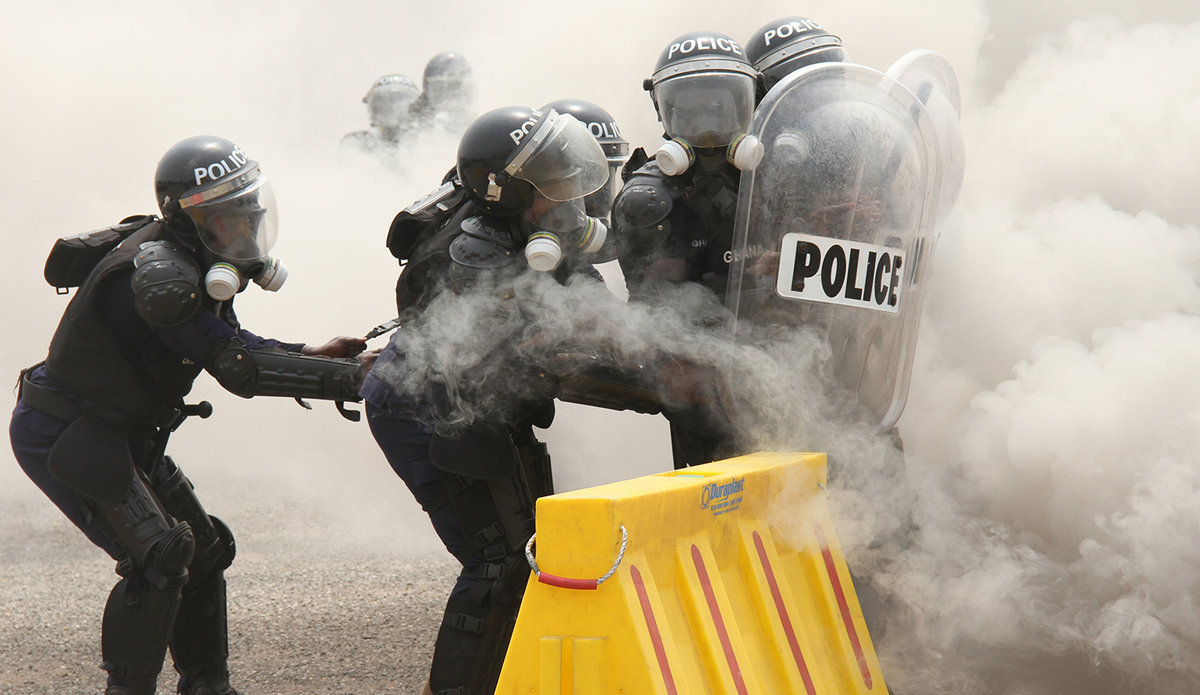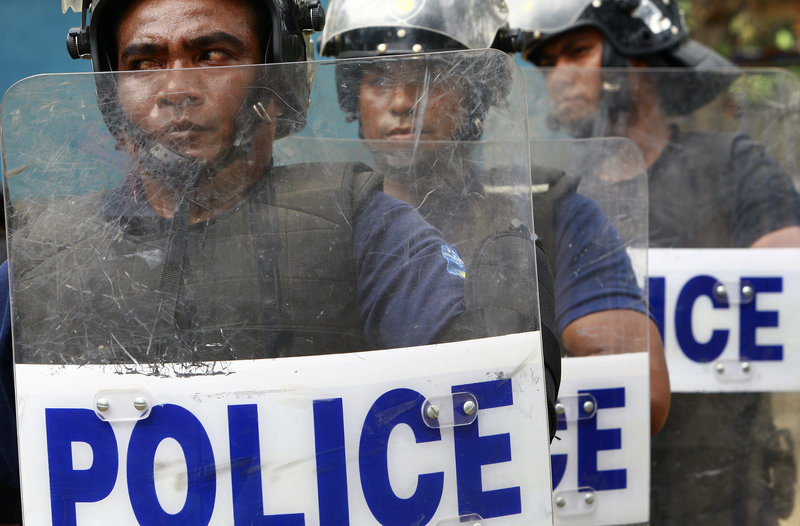The formed police unit training is composed of the Core Peacekeeping Training Material (CPTM, 2017) for all peacekeepers, relevant training materials (STM) for police, training modules on protection issues, and particular formed police unit topics:
These modules cover the entire range of formed police unit-tasks and can be seen as the basis and guideline for any FPU-Training.
Curriculum developers, trainers and all other users are encouraged to tailor this STM to their particular training needs, the given target group and their context. The training materials for formed police units are accessible here.
Duration of the course
The duration of the course is approximately 8 weeks. The duration of the lessons indicates the minimum required time, based on average developed trainees’ skills and knowledge.
Training Methodology
The particular methods of training can be decided by the training staff. It is, however, recommended that due attention is paid to principles of adult learning, guided by the following:
- Adults are autonomous and self-directed;
- Adults have accumulated a foundation of life experiences and knowledge;
- Adults are goal-oriented;
- Adults are relevancy oriented;
- Adults are practical.
The training sessions should therefore reflect these factors and be interactive; case studies based and make use of the trainees’ experiences.
Human Rights
International human rights and humanitarian law have particular implications on the roles and responsibilities of FPUs in UN Peace Operations and accordingly to their training:
- UN Police personnel’s compliance with international human rights and humanitarian law is not only an obligation, but the foundation of their credibility and legitimacy;
- a good way for peacekeepers to promote and protect human rights is by providing a positive role model for the host country’s police and upholding them during operations;
- it is important to establish direct operational channels at field level between FPUs and human rights officers to facilitate making them more responsive to threats or ongoing human rights violations.


